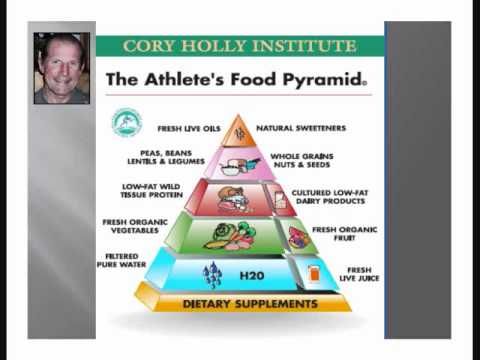Sports nutrition plays a critical role in optimizing athletic performance. Athletes require specific nutrients to fuel their bodies, enhance recovery, and support overall health. Proper nutrition helps athletes perform at their best, reach their goals, and minimize the risk of injuries. In this article, we will explore the importance of sports nutrition and how it can help in fueling performance.
Fuel for Energy
Fuel is essential for athletes to perform at their peak. Carbohydrates are the primary source of energy for the body, providing fuel for intense workouts and endurance activities. Athletes should aim to consume complex carbohydrates such as whole grains, fruits, and vegetables, as they provide sustained energy throughout the day. Simple carbohydrates, like those found in sugary snacks, can provide quick bursts of energy but are quickly depleted.
Protein is also crucial for athletes as it helps repair and build muscle tissue. Optimal protein intake can aid in muscle recovery and allow for efficient training adaptations. Athletes should consume high-quality protein sources such as lean meats, fish, eggs, and plant-based options like legumes and tofu.
Hydration for Performance
Hydration is a key component of sports nutrition. Fluid intake is essential for regulating body temperature, maintaining blood volume, and ensuring proper muscle function. Dehydration can lead to decreased performance, fatigue, and increased risk of injury.
Athletes should drink enough fluids to stay hydrated throughout the day, especially before, during, and after exercise. Water is usually sufficient for most activities, but for intense workouts lasting longer than an hour, sports drinks containing electrolytes and carbohydrates can help replenish lost nutrients.
Nutrient Timing
Nutrient timing refers to the strategic intake of nutrients before, during, and after workouts. This practice helps optimize performance, enhance recovery, and improve overall training adaptations.
Prior to exercise, consuming a balanced meal or snack containing carbohydrates and protein can provide the necessary fuel for the workout. During exercise, consuming easily digestible carbohydrates can help sustain energy levels. For post-workout recovery, consuming a combination of protein and carbohydrates helps repair muscle tissue and replenish glycogen stores.
Supplements for Performance
While a balanced diet should provide most of the necessary nutrients for athletes, some may benefit from specific supplements to optimize performance. However, it is always recommended to consult with a registered dietitian or sports nutritionist before incorporating any supplements into the diet.
Common supplements used by athletes include protein powders, creatine, beta-alanine, and branched-chain amino acids (BCAAs). These supplements can help improve muscle recovery, enhance endurance, and support overall performance. However, their effectiveness may vary between individuals, and proper dosage and timing are crucial.
Conclusion
Sports nutrition plays a vital role in fueling athletic performance. A well-balanced diet with adequate carbohydrates, proteins, and hydration is crucial for optimal performance, faster recovery, and overall health. Nutrient timing and the judicious use of supplements can further enhance an athlete’s performance. Remember, each athlete is unique, and it is essential to tailor nutritional strategies to individual needs. By prioritizing sports nutrition, athletes can fuel their bodies to reach their full potential and achieve their goals.

